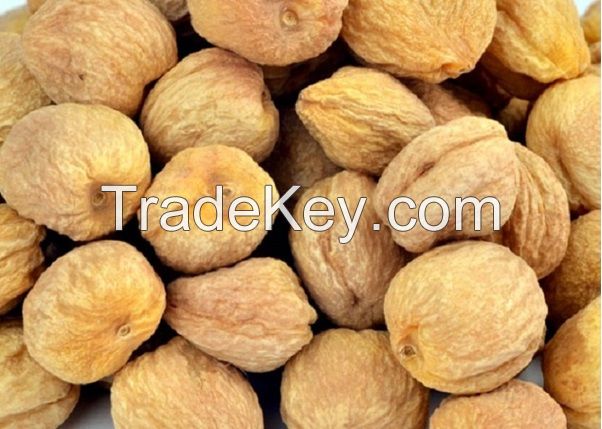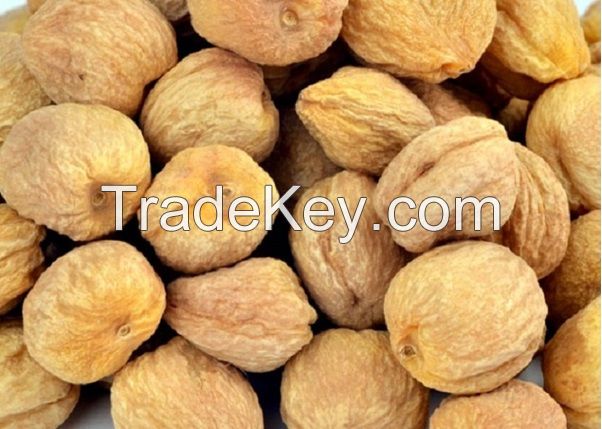
FOB Price
Obtenir le dernier prix3950 ~ 3960 / Ton ( Negotiable )
|Minimum Order
Localit�:
-
Prix de commande minimale:
Commande minimale:
500 Kilogram
Packaging Detail:
Box
Delivery Time:
15 Days
Supplying Ability:
2 Ton per Month
Payment Type:
T/T, L/C, Western Union, Money Gram, Other
Pakistan
Personne à contacter Mr. Zafar
Peshawar, North West Frontier Province
